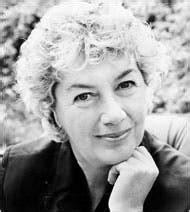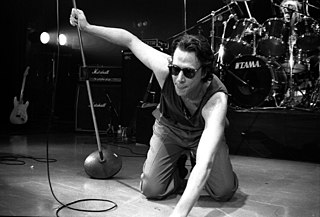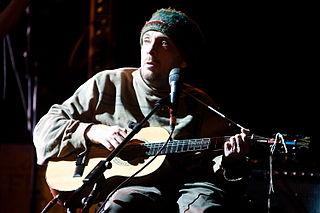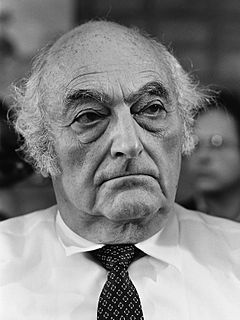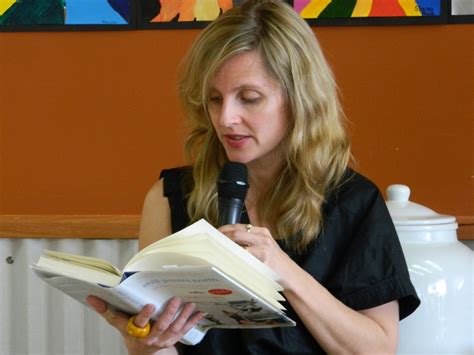A Quote by Nuala O'Faolain
Novels are completed when they are finished, but the memoir changes its own conclusion by virtue of being written... I was not at all the same person, when I handed the manuscript to the publisher, as I had been when I began. A memoir may always be retrospective, but the past is not where its action takes place.
Related Quotes
Going from memoir to fiction was fantastic. I had been afraid to move away from memoir; I'd written some novel drafts, but they weren't well received by my agent at the time, and it had been drilled into me that "memoir outsells fiction two to one" (not sure if that's true anymore, or if it ever was), so I felt like the only smart thing to do, professionally, was to keep mining my life for painful moments to recapitulate.
I've been thinking a lot about why it was so important to me to do The Idiot as a novel, and not a memoir. One reason is the great love of novels that I keep droning on about. I've always loved reading novels. I've wanted to write novels since I was little. I started my first novel when I was seven.I don't have the same connection to memoir or nonfiction or essays. Writing nonfiction makes me feel a little bit as if I'm producing a product I don't consume - it's a really alienating feeling.
Floyd Skloot’s Revertigo is a beautifully-written, moving account of one man’s off kilter life. Who would have imaged a memoir exploring months of extreme vertigo and decades of neurological turbulence would be filled with so much joy and optimism? This gentle, wise, and perceptive memoir never fails to surprise.
